The report highlights that the biggest barrier to AI progress is not money, but energy. In the US, data centers are struggling to keep up with the increasing demand for electricity, which is driven by billions of queries to popular AI models each day. Efficiency gains are not keeping pace with the rising demand, resulting in ballooning electricity bills for people living in areas where data centers are located. This strain is particularly evident in regions where new power capacity is not being built to meet the growing demand.
"We're seeing a perfect storm of increasing demand and stagnant supply," said Casey Crownhart, senior reporter for energy at MIT Technology Review. "The US has been relying on efficiency gains to offset the increased demand, but those gains are not keeping pace. We're starting to see the strain show up in electricity bills and in the strain on the grid."
The report notes that this is a significant concern for the US, as it is home to many of the world's largest data centers, which are driving AI innovation. The country's failure to build a steady power supply and infrastructure to support these data centers could have significant implications for its ability to compete in the global AI market.
In contrast, China is rapidly building out its renewable energy infrastructure, which is expected to provide a significant boost to its AI sector. The country's focus on renewable energy is seen as a key factor in its ability to leapfrog the US in AI progress.
Pilita Clark, FT's columnist, noted that the US has historically been a leader in AI innovation, but its failure to invest in renewable energy and infrastructure is putting it at risk of falling behind. "The US has been slow to adapt to the changing energy landscape, and it's now paying the price," she said.
The report highlights the need for the US to invest in renewable energy and infrastructure to support its AI sector. This includes building new power plants, upgrading existing infrastructure, and investing in energy storage technologies.
As the US continues to grapple with the challenges of supporting its AI sector, it is clear that the country must take action to address its energy infrastructure needs. The implications of inaction could be significant, with the US potentially falling behind in the global AI market.
In recent years, the US has seen a significant increase in the number of data centers being built, driven by the growing demand for AI and cloud computing. However, the country's energy infrastructure has not kept pace with this growth, resulting in a strain on the grid and ballooning electricity bills for people living in areas where data centers are located.
The report notes that the US is not alone in facing these challenges, with many countries struggling to balance their energy needs with the growing demand for AI and cloud computing. However, the country's failure to invest in renewable energy and infrastructure is putting it at risk of falling behind in the global AI market.
As the world continues to grapple with the implications of AI, it is clear that the US must take action to address its energy infrastructure needs. The country's failure to do so could have significant implications for its ability to compete in the global AI market and for the future of AI innovation.





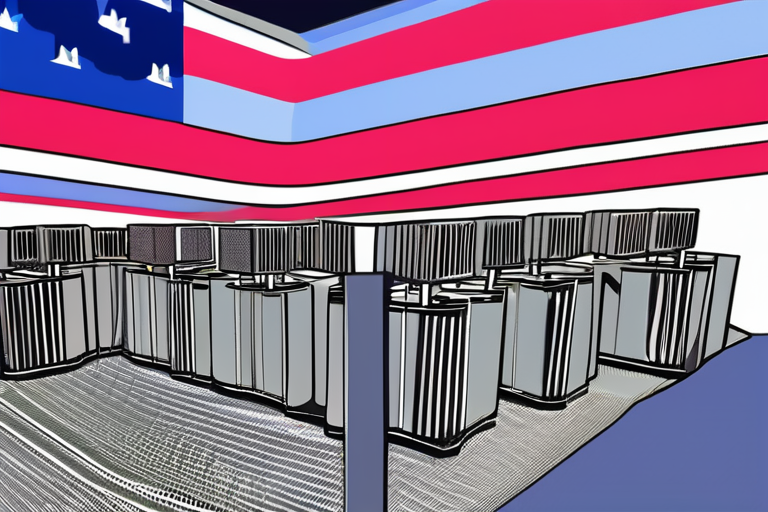
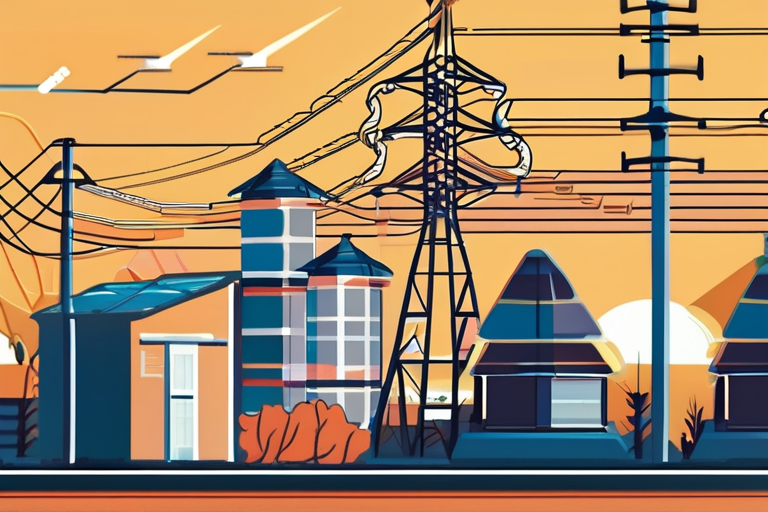



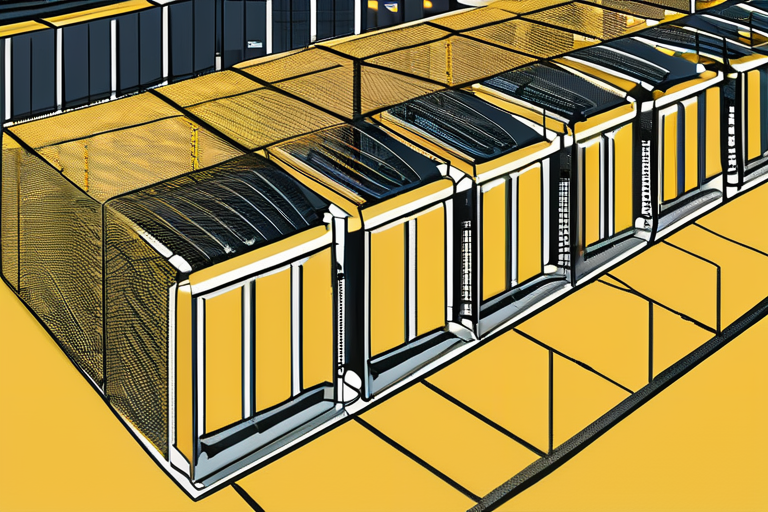
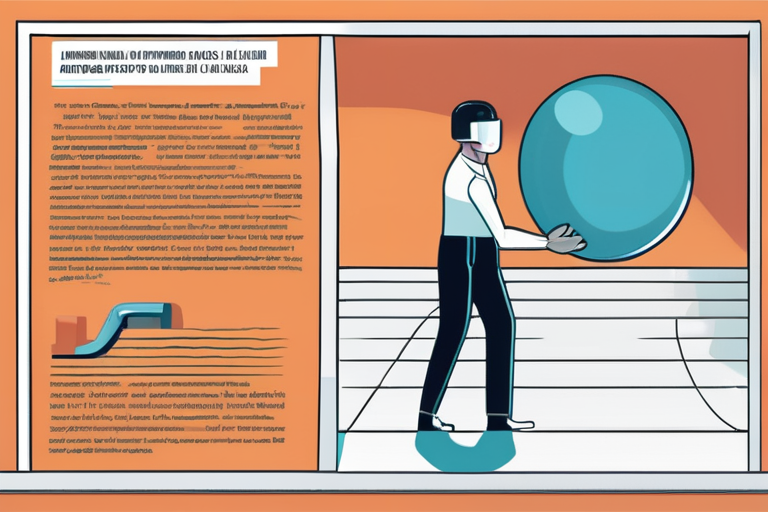

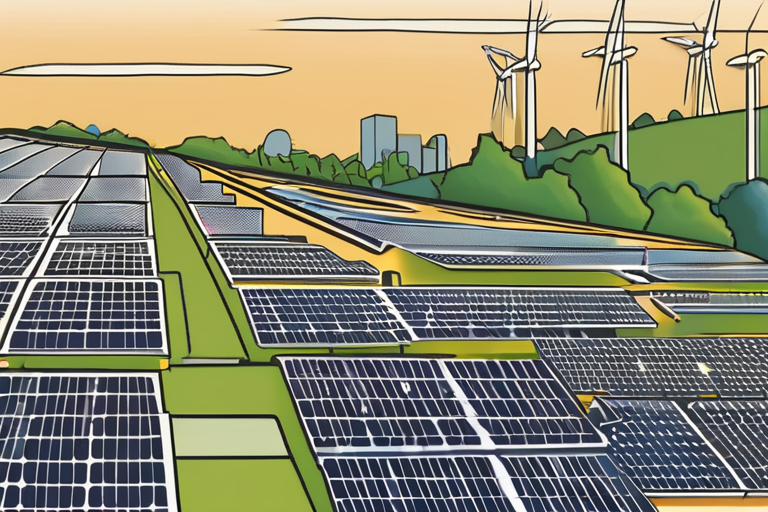


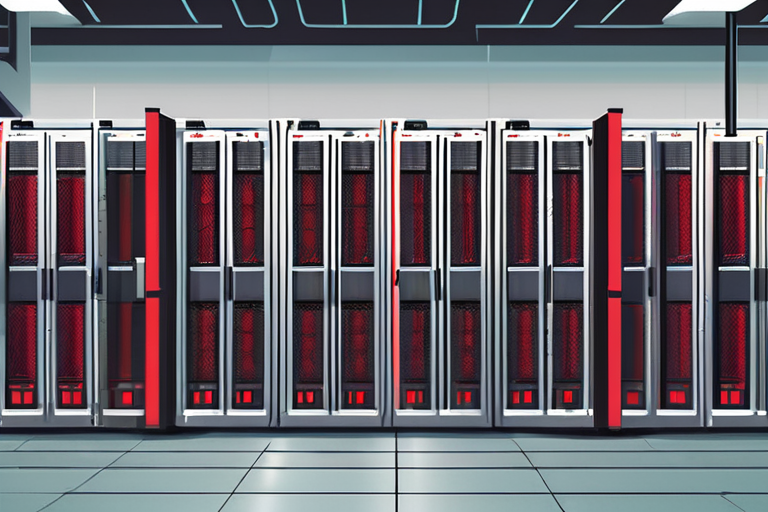




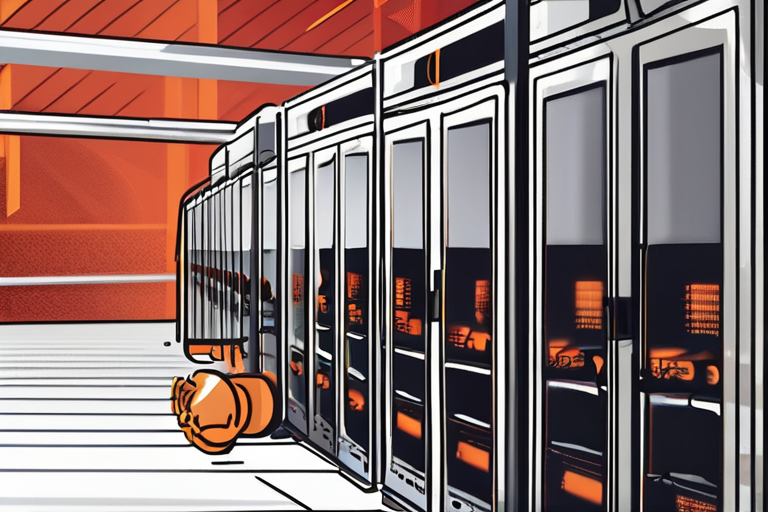




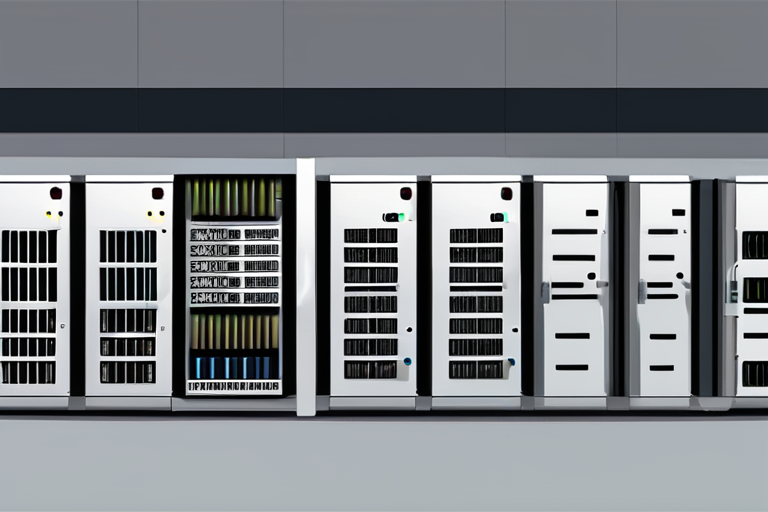
Share & Engage Share
Share this article